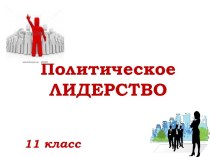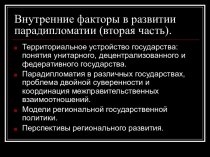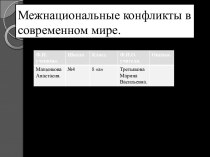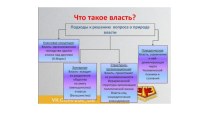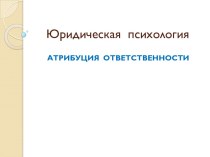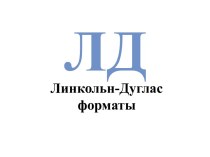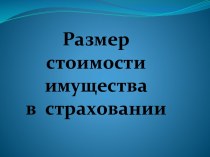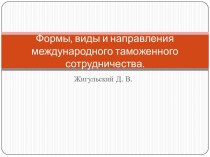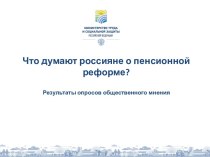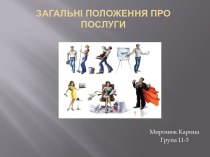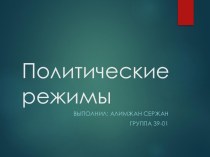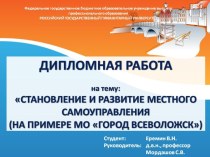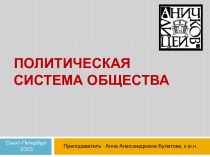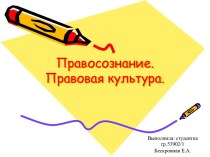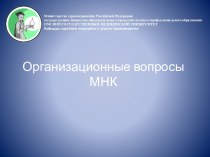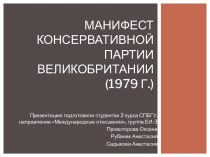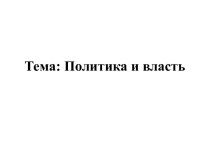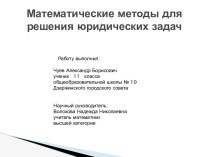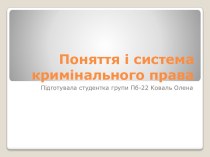- Главная
- Разное
- Бизнес и предпринимательство
- Образование
- Развлечения
- Государство
- Спорт
- Графика
- Культурология
- Еда и кулинария
- Лингвистика
- Религиоведение
- Черчение
- Физкультура
- ИЗО
- Психология
- Социология
- Английский язык
- Астрономия
- Алгебра
- Биология
- География
- Геометрия
- Детские презентации
- Информатика
- История
- Литература
- Маркетинг
- Математика
- Медицина
- Менеджмент
- Музыка
- МХК
- Немецкий язык
- ОБЖ
- Обществознание
- Окружающий мир
- Педагогика
- Русский язык
- Технология
- Физика
- Философия
- Химия
- Шаблоны, картинки для презентаций
- Экология
- Экономика
- Юриспруденция
Что такое findslide.org?
FindSlide.org - это сайт презентаций, докладов, шаблонов в формате PowerPoint.
Обратная связь
Email: Нажмите что бы посмотреть
Презентация на тему Main trends of international cooperation in combating сrimes
Содержание
- 2. Extradition of Viktor Bout from Thailand to the United States
- 4. The International Criminal Court
- 5. The Rome Statute was ratified by the
- 7. Obstacles to Russia's ratification of the Rome
- 8. Internal competenceGenocide - intent to destroy a
- 9. Crimes against humanity - part of large-scale
- 10. War crimes - violations of the laws
- 11. Aggression.
- 12. Conditions for the implementation of the competence
- 13. Time limits of trial Jurisdiction of
- 14. Territory limits of trial The jurisdiction
- 15. Ways of starting a trial1 ) The
- 17. Citizen of the Congo , Mr. Thomas Lubanga Dyilo
- 18. Omar Hassan Ahmed al - Bashir - Sudan's President
- 19. Скачать презентацию
- 20. Похожие презентации
Extradition of Viktor Bout from Thailand to the United States
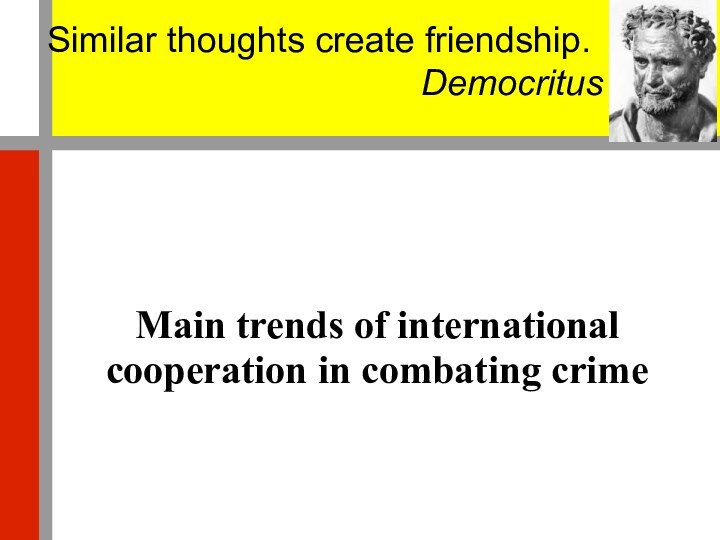
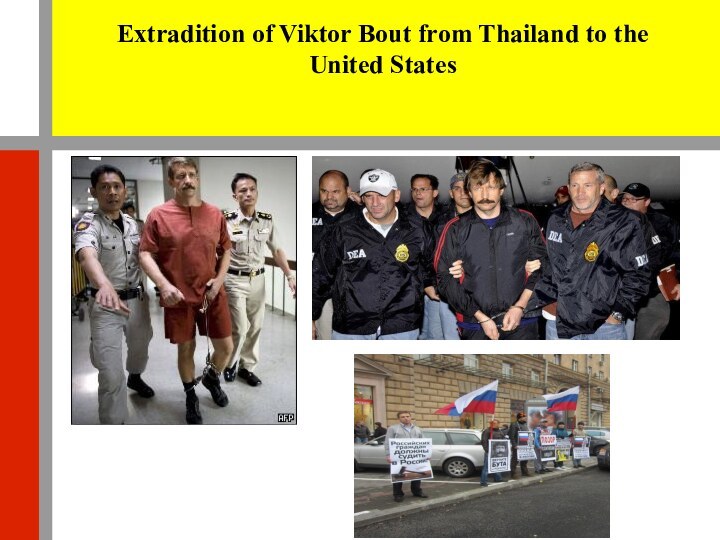


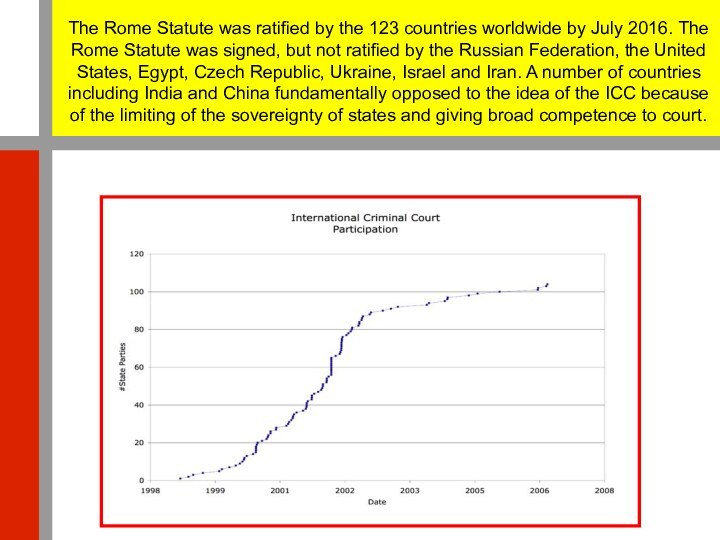
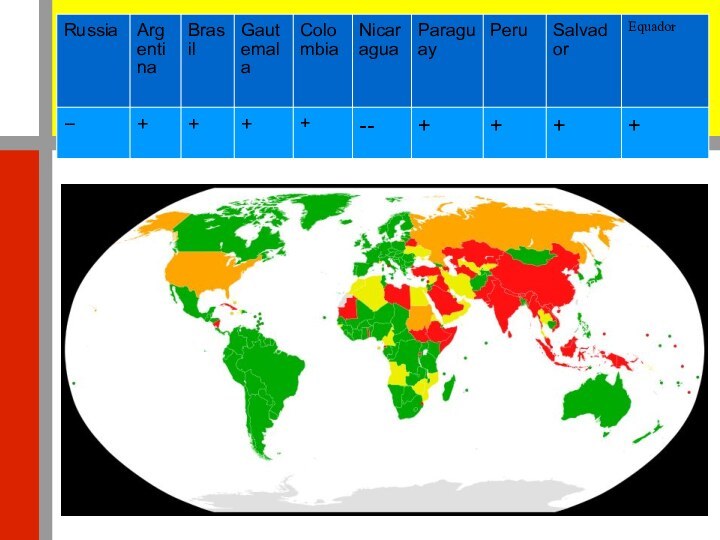

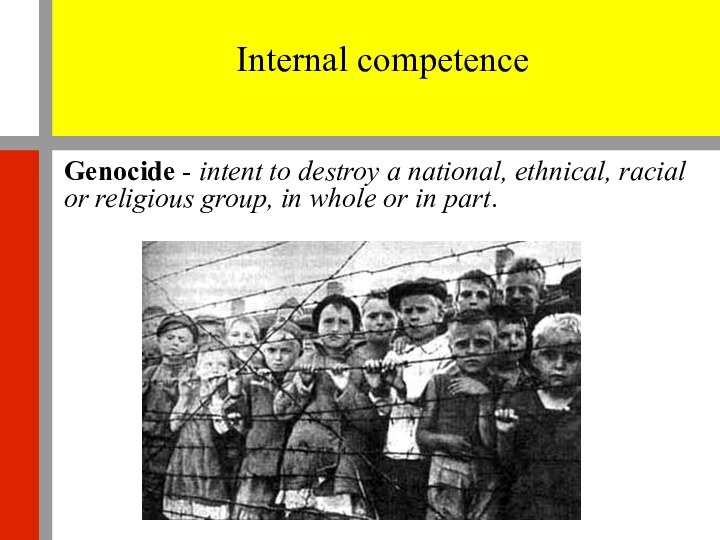
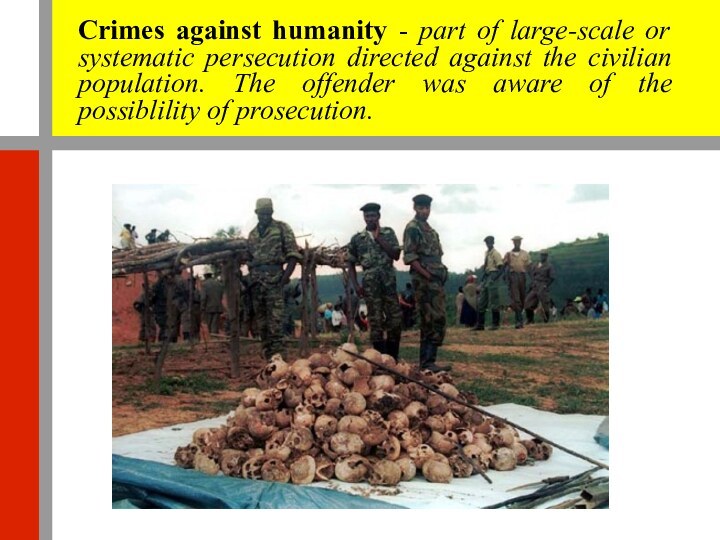

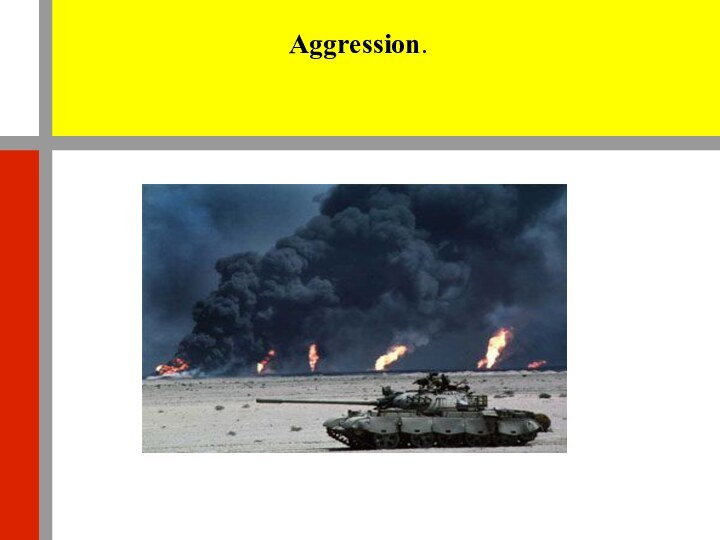
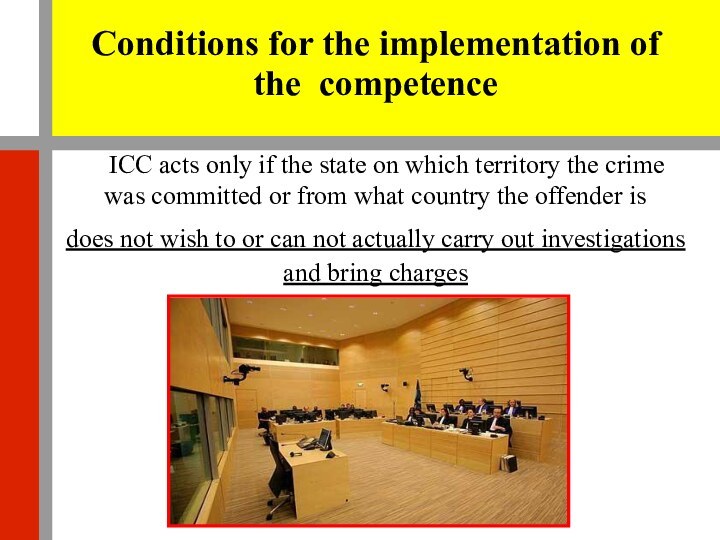
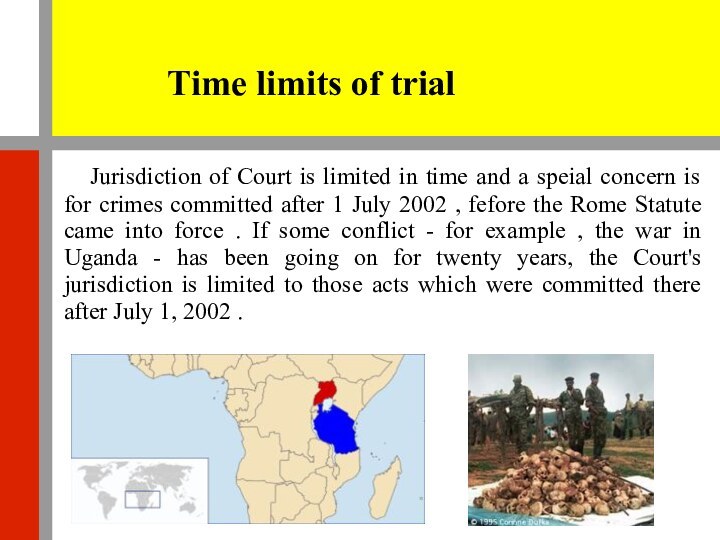



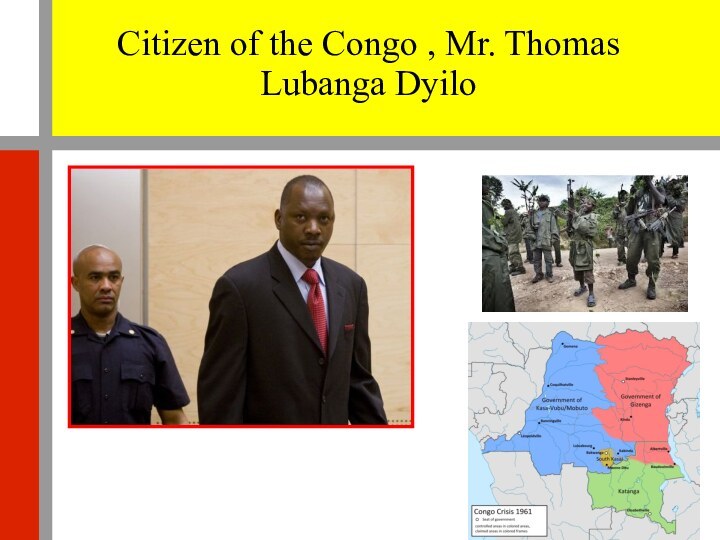

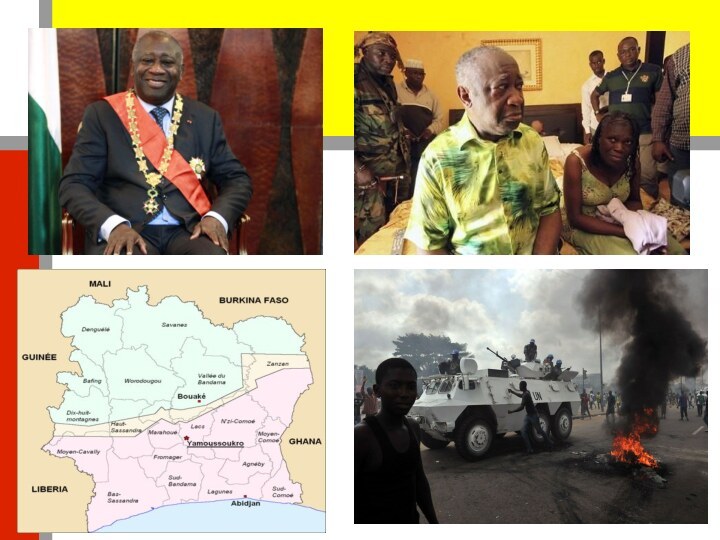
Слайд 5 The Rome Statute was ratified by the 123
countries worldwide by July 2016. The Rome Statute was
signed, but not ratified by the Russian Federation, the United States, Egypt, Czech Republic, Ukraine, Israel and Iran. A number of countries including India and China fundamentally opposed to the idea of the ICC because of the limiting of the sovereignty of states and giving broad competence to court.Слайд 7 Obstacles to Russia's ratification of the Rome Statute
are of specific constitutional character.
These issues relate to:
a) persons whose immunity is provided by the Constitution of the Russian Federation;b) surrender of Russian citizens to the jurisdiction of the ICC at its request;
c) issues of pardon and amnesty;
d) legal proceedings with participation of a jury.
Слайд 8
Internal competence
Genocide - intent to destroy a national,
ethnical, racial or religious group, in whole or in
part.Слайд 9 Crimes against humanity - part of large-scale or
systematic persecution directed against the civilian population. The offender
was aware of the possiblility of prosecution.Слайд 10 War crimes - violations of the laws and
traditions of war governing the conduct of armed groups
during the war and protection of civilians, prisoners of war, cultural heritage, and others.
Слайд 12
Conditions for the implementation of the competence
ICC acts only if the state on which territory
the crime was committed or from what country the offender isdoes not wish to or can not actually carry out investigations and bring charges
Слайд 13
Time limits of trial
Jurisdiction of Court
is limited in time and a speial concern is
for crimes committed after 1 July 2002 , fefore the Rome Statute came into force . If some conflict - for example , the war in Uganda - has been going on for twenty years, the Court's jurisdiction is limited to those acts which were committed there after July 1, 2002 .
Слайд 14
Territory limits of trial
The jurisdiction of
the court includes only crimes that have been committed
on the territory of a certain state or by the citizen of this state.
Слайд 15
Ways of starting a trial
1 ) The state
passes the case to the prosecutor of the Court;
2
) The UN Security Council passes the case to the Court ;3 ) The ICC prosecutor begins an investigation in respect on its own initiative (proprio motu).
